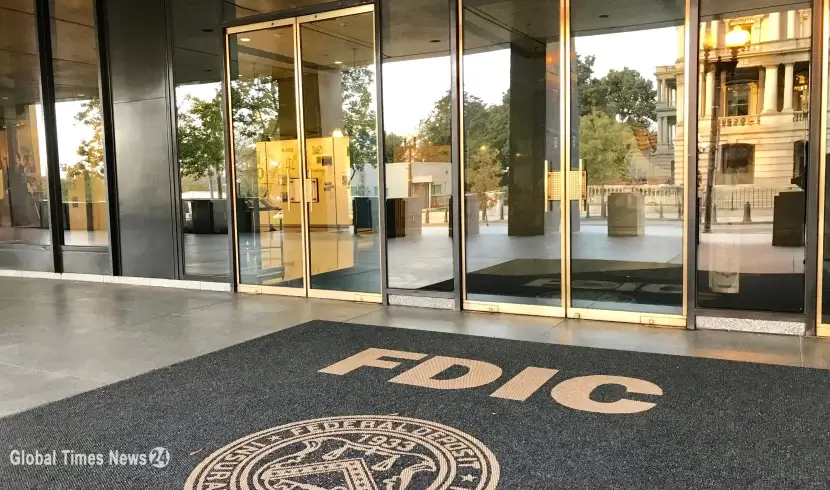US bank deposits see largest drop in Q1 in almost 40 years
Reduction in estimated uninsured deposits, down $663.3 billion, or 8.3%, was primary driver of quarterly decline, says federal agency
Reduction in estimated uninsured deposits, down $663.3 billion, or 8.3%, was primary driver of quarterly decline, says federal agency
 Crypto hedge fund Three Arrows files for Chapter 15 bankruptcy
Bussiness
Crypto hedge fund Three Arrows files for Chapter 15 bankruptcy
Bussiness
 European stock markets rally as COVID restrictions largely lifted
Bussiness
European stock markets rally as COVID restrictions largely lifted
Bussiness
 US Stocks Slide as September Consumer Inflation Exceeds Estimates
Bussiness / Breaking News
US Stocks Slide as September Consumer Inflation Exceeds Estimates
Bussiness / Breaking News
 Rishi Sunak announces new air defense package for Ukraine
Bussiness / Breaking News
Rishi Sunak announces new air defense package for Ukraine
Bussiness / Breaking News
 How to Love Your Work
Bussiness / Breaking News
How to Love Your Work
Bussiness / Breaking News
 What triggered Silicon Valley Bank’s collapse?
Bussiness / Breaking News
What triggered Silicon Valley Bank’s collapse?
Bussiness / Breaking News
 Major sports events of 2022
Sport / Breaking News
Major sports events of 2022
Sport / Breaking News
 First Republic Bank drops 70% amid Silicon Valley Bank collapse
Bussiness / Breaking News
First Republic Bank drops 70% amid Silicon Valley Bank collapse
Bussiness / Breaking News
 11 banks pour $30 billion to save First Republic Bank
Breaking News / Bussiness
11 banks pour $30 billion to save First Republic Bank
Breaking News / Bussiness
 First Citizens Bank purchases Silicon Valley Bank's deposits, loans
Bussiness / Breaking News
First Citizens Bank purchases Silicon Valley Bank's deposits, loans
Bussiness / Breaking News